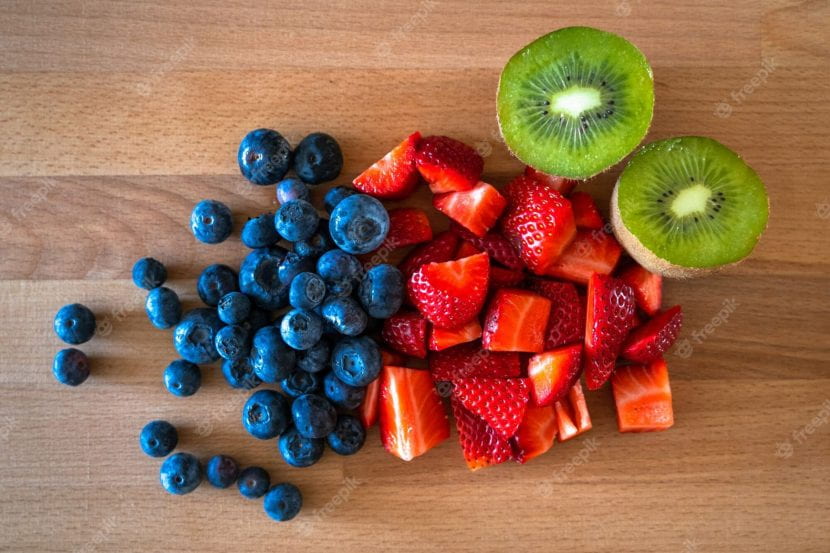Have you ever wondered what fruits are good for diabetes, how often you can eat fruit, or which ones are bad for your blood sugar?
People with diabetes often come across information about fruits that can be conflicting and confusing, especially when newly diagnosed.
Here is some information to help clarify the answer. Fruits fall under the macronutrient called carbohydrates, which are the main sources of fuel or energy for the body. They are digested much quicker than the other macronutrients (protein and fats). Fruits contain a form of natural sugar called fructose, which can raise your blood sugar levels. As with all carbohydrates, people with diabetes should be aware of the amount that they are eating at one time. Fruits provide a variety of healthy nutrients such as fiber, vitamins, minerals, as well as phytochemicals (they help with immune function) and, therefore, can be included in a healthy, balanced diet for people with and without diabetes.
Fruits vary in sugar content, and some health care providers recommend that patients with diabetes choose fruits that are lower in sugar.
Here is a list of the top 5 fruits with the lowest sugar content according to Healthline.com:
- lemons and limes
- raspberries/ blackberries
- strawberries
- blueberries
- kiwis
When eating fruits that are higher in sugar, be mindful of the quantity being consumed and pair with a healthy fat or protein. Fruits and nuts go well together! This can help slow down the digestion and prevent a spike in blood sugar.
Small steps can make a big difference in your blood sugar levels:
- Watch portion sizes.
- Choose fresh or frozen fruit when you can to avoid added sugars.
- Limit/avoid fruit juice. The good stuff (such as fiber and nutrients from the fruit itself) is often lost in processing.
- Spread out the consumption of fruit over the day.
It is best to seek nutrition advice from a health care professional such as a Registered Dietitian who can make recommendations based on individual needs. Foods, especially carbohydrates, can affect people differently, so it’s important to be educated about nutrition and how it affects your body.
References:
https://www.healthline.com/health/best-low-sugar-fruits
https://www.webmd.com/diabetes/fruit-diabetes
All Blogs are written by Professionals in the fields of Nutrition, Human Development and Diabetes.
